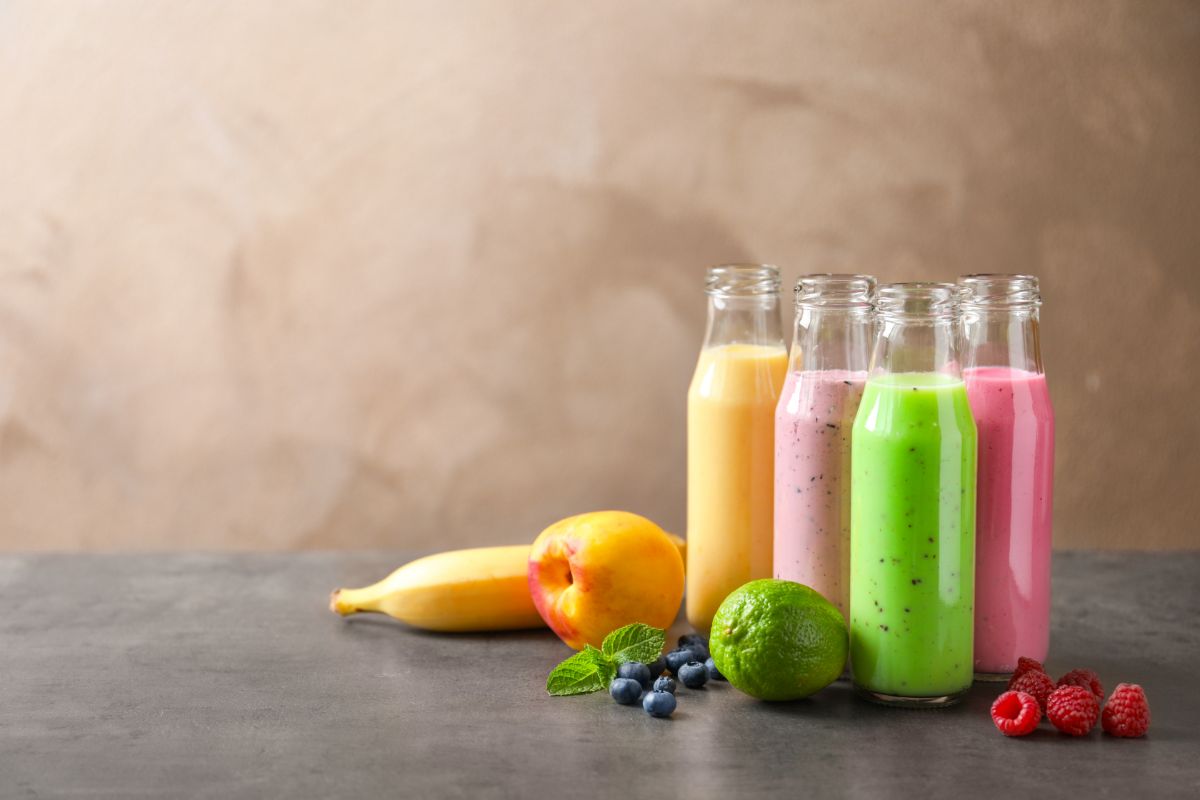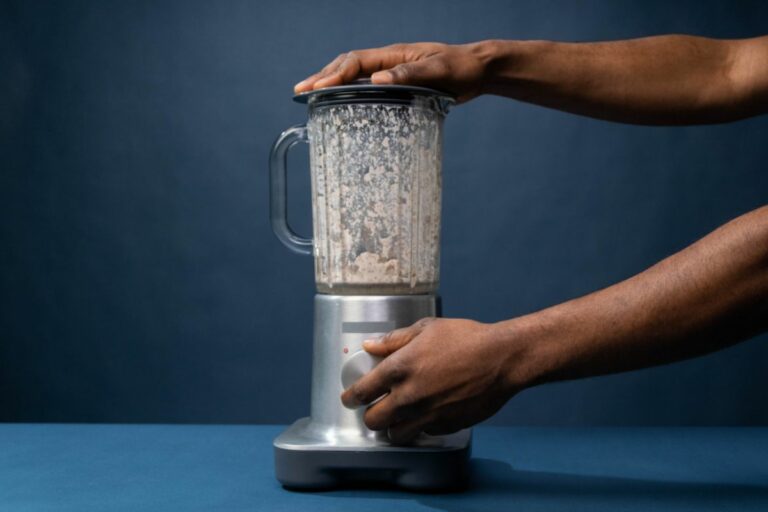Different Types Of Protein Shakes And Their Purposes
Different types of protein shakes, such as whey, casein, plant-based, and meal replacement shakes, each serve specific purposes like muscle building, recovery, and weight management.
Key Takeaway
- Whey Protein for Rapid Recovery: Whey protein shakes are quickly absorbed, making them ideal for post-workout consumption to support muscle repair and growth.
- Casein Protein for Sustained Release: Casein protein shakes digest slowly, providing a steady release of amino acids, which is beneficial for overnight muscle maintenance and growth.
- Plant-Based Proteins for Vegan Diets: Plant-based protein shakes are suitable for vegans and those with dairy allergies, offering a complete amino acid profile for muscle support and recovery.
- Meal Replacement Shakes for Balanced Nutrition: These shakes provide a balanced mix of macronutrients and micronutrients, ideal for meal replacement or weight management, offering convenience and comprehensive nutrition.

If you are thinking about incorporating protein shakes into your diet, then you will probably be overwhelmed with the vast amount of choices out there waiting for you.
It can be super difficult to try and find the right protein shake for you – so where do you even start?
Here, we are going to be taking a look at all the different types of protein shakes out there and what their purposes are.
This way, you can discover the benefits of each type of protein shake and find the right choice for you.
So, check out the guide below!
The Purpose Of Protein Shakes
First, let’s discuss protein shakes – what are they and what do they do?
Protein shakes are a type of dietary supplement that offers a huge variety of benefits, which is why so many different people turn to them when making changes to their diet and lifestyle. Some of the benefits offered by protein shakes include:
- Offer additional amino acids for building proteins in your body which help with muscle repair post-workout.
- Increase muscle mass to help improve your gym performance.
- Increase your feelings of ‘fullness’ to avoid snacking, helping you to lose weight.
As a result, all protein shakes should offer these benefits no matter what ‘type’ of protein shake they are.
The Different Types Of Protein Shakes
So, if all protein shakes offer the same benefits, what makes the different types of shakes differ from one another?
Protein shake categories are broken up by the protein powder used in the protein shake and where its ingredients are sourced.
All protein powders are basically concentrated sources of protein but some are derived from animal foods while others are plant-based. Protein powders can also be divided into forms based on the methods used to extract the protein from its original source.
The three most common forms of protein powders are:
- Protein Concentrates – These are made of 60% to 80% extracted protein with the rest made of fat and carbohydrates.
- Protein Isolates – This type of protein powder contains 90% to 95% protein, meaning they contain way less fat and carbs.
- Protein Hydrolysates – The total protein content for this powder lingers around the 75% mark but it is absorbed much more quickly by the body than the other two types of protein powder on this list.
So, when choosing what type of protein shake you want, you need to consider what type of protein powder you want to use.
Protein isolates contain more protein which is ideal for those looking to lose weight and gain muscle mass, while protein hydrolysates are great for those who want a good post-workout shake that is fast working.
Proteins And Their Sources
Another factor you need to consider when finding the right protein powder is what type of protein is used in the powder.
The type of protein will vary depending on where the protein is sourced from and this will have an impact on things like dietary requirements and allergies.
Here’s a look at the most popular types of protein used in protein powders and protein shakes.
Whey Protein
Whey protein is the most common protein used in protein powders and shakes.
It’s derived from milk and is high in lactose, a sugar specifically found in milk and other dairy products. Although most whey protein powders remove a lot of the lactose during the filtering process, some of it will still remain in the final product.
This causes problems when it comes to dietary needs and lifestyles. Vegans, who avoid animal-derived products, cannot use whey protein in their protein shakes because it’s an animal product.
Likewise, those who are lactose intolerant cannot use whey protein because it contains lactose and this will make them unwell.
However, there are plenty of benefits to whey protein. It’s fast-digesting, rich in amino acids for building protein, and one of the most effective protein shakes for building muscle and decreasing fat.
Another animal-derived source of protein for protein shakes is casein protein. It offers the same benefits as whey protein but works its magic more slowly, which is why a lot of people choose whey protein shakes over casein.

Egg Protein
Egg protein is used to make some of the best protein shakes for feeling full and decreasing the appetite. So, for those who are looking to use protein shakes to avoid snacking and reduce their calorie intake, egg protein shakes are a great choice.
However, they are not suitable for vegans but they are lactose-free which makes them a suitable alternative for those who are lactose intolerant.
Pea Protein
Pea protein shakes are the go-to alternative for vegans and vegetarians who want to avoid animal-derived protein shakes. They’re also a great alternative for those with sensitive dairy or egg allergies.
For this powder, the protein is sourced from the yellow split pea. This legume is also high in fiber so it also offers additional, useful nutrients for your body.
The only downside is that pea protein is not as fast-absorbing as whey protein (although it’s still faster than casein) and there are many people who also have allergies to pea proteins.
Hemp Protein
This protein powder is growing quickly in popularity, despite its connection to cannabis. Hemp protein powders only have trace amounts of THC and so it does not share the same effects.
Explore Also:
Creativehouseblog
Dietsheriff
Gigasecurehome
Instead, hemp powder is right in additional amino acids and omega-2 fatty acids to help you get plenty of helpful nutrients for your post-workout recovery.
Final Thoughts
So, when choosing the right type of protein shake for you, you need to consider two factors:
- The form of the protein powder – How much protein do you need? How quickly do you want to absorb it?
- The type of protein – Do you have any allergies? Are you vegan or vegetarian? Do you want additional nutrients or just more protein?
This will help you find the right type of protein shake for you to help you meet your health goals.
We hope you found this guide helpful. Thanks for reading!
Frequently Asked Questions
Should I Drink A Protein Shake Every Day?
Protein shakes are supposed to give you a boost of protein to help you recover from your workout. They help with muscle repair and provide you with plenty of nutrients so you don’t lack the things you need to stay healthy.
If you are not planning on working out that day and you eat a balanced diet that provides you with all the nutrients you need, then there’s no real reason to drink a protein shake on top of all that.
Consuming protein shakes in excess can cause health problems like weight gain and heart disease because, just like with other things, you are taking in more than you actually need!
So, you don’t need to drink a protein shake every day unless you suffer from a protein deficiency in your diet or you plan on working out that day.
Is Water Or Milk Better For Protein Shakes?
Using either water or milk in your protein shakes offers different benefits.
Water adds no calories to your protein shake but makes the shake much thinner and less tasty.
On the other hand, using milk makes the protein shake creamy and smooth while adding additional nutrients like calcium to boost your health.
As a result, you can use either – but most people opt for milk because it makes the protein shake more appetizing to consume.
Whether or not you choose milk or water for your protein shakes comes down to your personal preference.
Other Articles To Read
Shakes vs Smoothies – Is One Healthier Than The Other – We are often encouraged by health websites to make shakes and smoothies but which is healthier? That’s what we get to the bottom of in this post.
What Is Whey Protein: The Benefits And Dangers – What is whey protein? What are the benefits and dangers of using whey? What are the types of whey? Which is best for me….
Which Shake Is The Best For Weight Loss? Weight Loss Shakes Explained – A shake can suppress your appetite with fewer calories. Here’s all you need to know about which shake is the best for weight loss – weight-loss shakes explained






